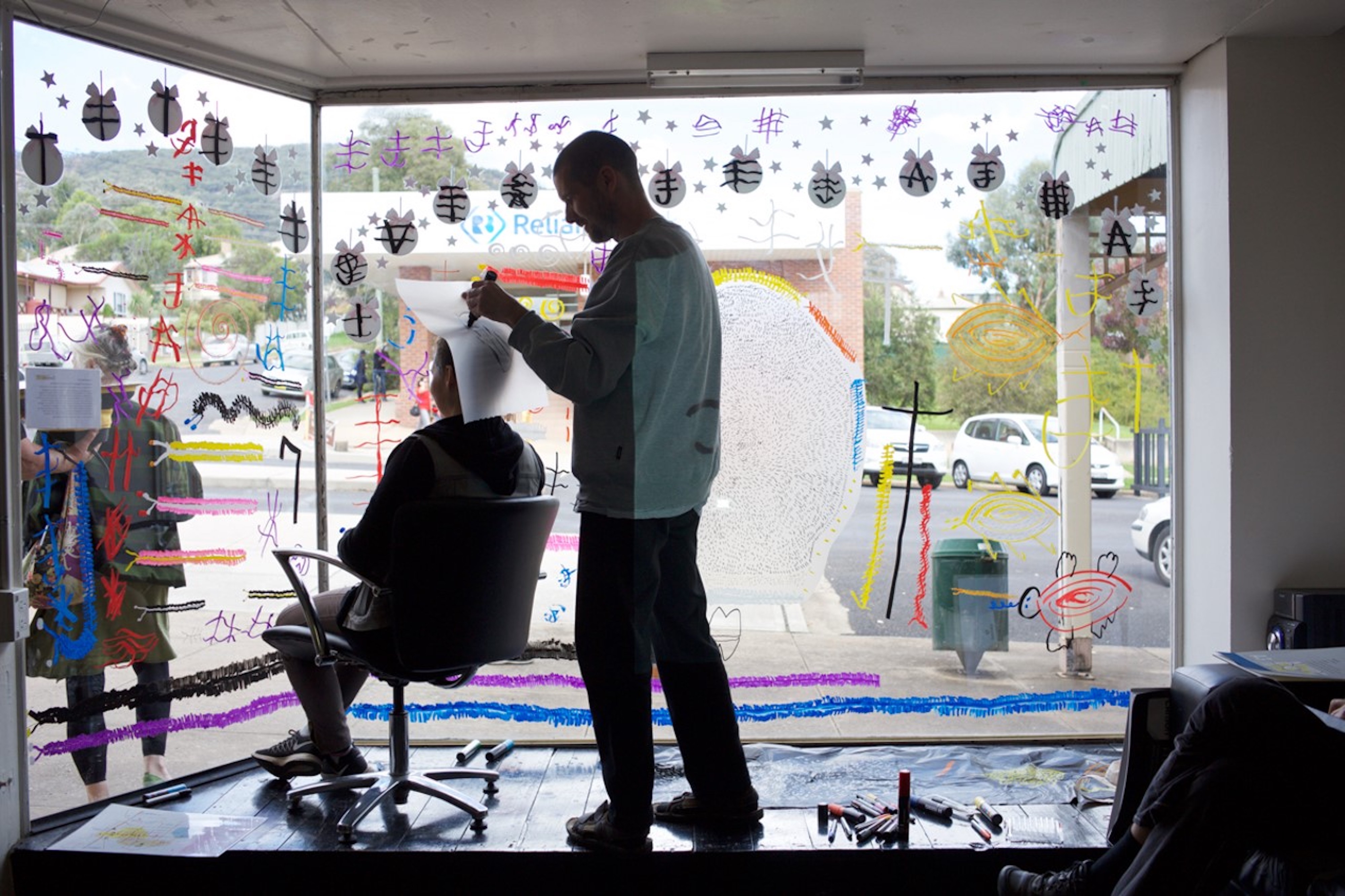Affective Epiphanies
The Aesthetic Relation of Stories in Museum Encounters
DOI:
https://doi.org/10.18432/ari29610Keywords:
affect; museums; stories; encounters; pedagogic pivotsAbstract
This proposition explores the potential of a pedagogy of affect as an arts- based research approach to museum education at the university level. Such an approach is predicated on a continuous movement of situated stories as the heart of the learning encounter, generated relationally between object-body-space, or artwork- learner-museum. As a forum for deliberation, the purpose of this conversation is to consider how emotions, as the basis for teaching with caring and sensory awareness, bring vitality, aliveness, and feelings to the fore. This conversation explores affective epiphanies sourced from personal practical knowledge as an expression of arts- research-in-progress. By drawing on autoethnographic life writing, I explore an alternate approach to three museum collections that demonstrate how and why the aesthetic relation of stories operate as pedagogic pivots in ways that reconfigure conventional museum engagement. Rethinking museum education with an arts research perspective is an effort to advance how context connects affective systems of knowing relationally, and why embracing stories offers new pathways to understand museum education through more expansive learning approaches, inclusive of feeling.
Downloads
Published
How to Cite
Issue
Section
License
Copyright (c) 2021 Anita Sinner

This work is licensed under a Creative Commons Attribution-NonCommercial-NoDerivatives 4.0 International License.
Authors who publish with Art/Research International agree to the following terms:
a. Authors retain copyright and grant the journal right of first publication and the right to sublicense the Contribution, in the form in which it is published by the journal, to others under the terms and conditions of the of the Creative Commons Attribution-NonCommercial-NoDerivs (CC BY-NC-ND) that allows others to download the work and share the work with others with an acknowledgement of the work's authorship and initial publication in this journal, but they cannot change the work in any way or use any part of the work commercially.
b. Authors are able to enter into separate, additional contractual arrangements for the non-exclusive public distribution and display of the journal's published version of the work (e.g., post it to an institutional repository or publish it in a book), with an acknowledgement of its initial publication in this journal.
c. Authors are permitted and encouraged to post their work online (e.g., in institutional repositories or on their website) prior to and during the submission process, as it can lead to productive exchanges, as well as earlier and greater citation of published work (See The Effect of Open Access).
d. Authors wishing to include items (such as images or other media, or any creative works of others whether previously published or not) must contact the original copyright holder to obtain explicit permission to publish these items in Art/Research International. Writing permission should include: the title(s) of any copyrighted work, original place of publication if applicable, and an acknowledgement of having read Art/Research International's copyright notice. Authors are responsible for obtaining this permission and keeping it in their own records for later verification.



